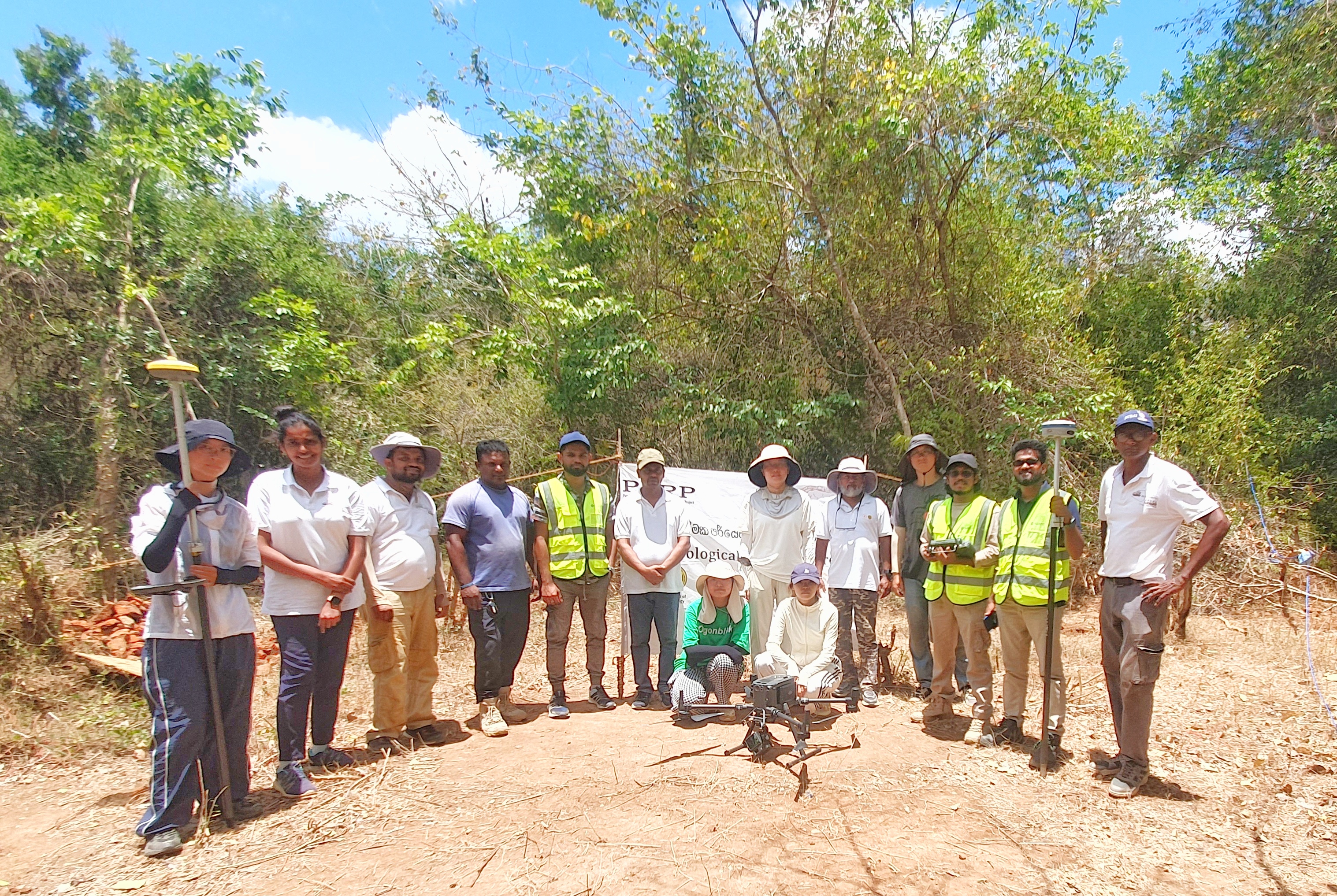Third Phase of Giribawa-Pabalugala Archaeological Research Project Successfully Concluded
- Social Sciences
- Posted On

The third phase of the Giribawa-Pabalugala Archaeological Research Project, jointly implemented by the Department of Archaeology, University of Kelaniya, and the Department of Archaeology, Sri Lanka, was successfully conducted from 14th August to 2nd September 2025 at the Giribawa-Pabalugala Archaeological Reserve in the Kurunegala District.
The project, launched in 2022 under a Memorandum of Understanding (MoU) between the two institutions, has been carried out in phases due to its archaeological and historical importance. The first phase began in 2022, followed by the second phase in 2024. The objectives of the second phase were to examine the distribution of archaeological material in the area, identify the period to which the archaeological reserve belongs, and study the functioning of furnaces used for glass bead production. Through these objectives, researchers were able to confirm that the furnaces date back to the 2nd–5th centuries AD and to gain an understanding of approximately 70–80% of the archaeological distribution of the archaeological reserve.
The third phase was launched to further confirm the archaeological distribution and to obtain a deeper understanding of the functioning of the bead-making furnaces. Another key objective was to raise awareness among local communities about the importance of protecting the site, given the high risk of destruction faced by such archaeologically significant places. In line with this, an awareness program was organized in collaboration with all schools of the Giribawa educational zone. Numerous students visited the site and were given practical insights into how to do an excavation, the significance of archaeological sites, and the importance of protecting them.
This phase was supported both scientifically and financially by Sichuan University, China, which contributed a team of six researchers, including two professors, led by Associate Professor Fan Jianan from the Sichuan University. The School of History and Culture, Sichuan University; Sichuan Provincial Cultural Relics and Archaeology Research Institute; and the Chengdu Cultural Relics and Archaeology Research Institute also extended their support to this phase of the project. The Sri Lankan team was led by Professor Mangala Katugampola, Director of the Giribawa-Pabalugala Archaeological Research Project. In addition, second-year undergraduates of the BA (Hons) in Archaeology degree program and students of the MA in Archaeology program at the University of Kelaniya actively participated in the research project.


